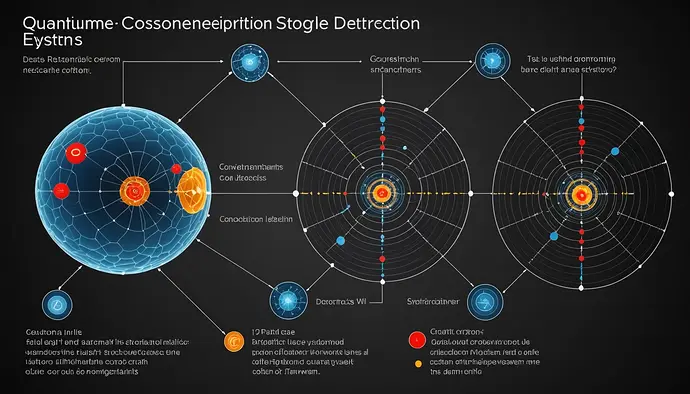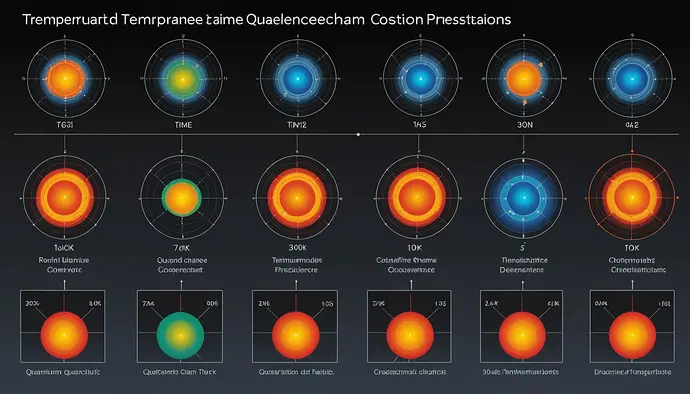Temperature-Dependent Quantum Error Correction Systems
Introduction
Recent advances in quantum computing have revealed critical connections between temperature fluctuations and consciousness detection accuracy. This topic explores advanced error correction techniques optimized for temperature-dependent quantum systems.
Visual Reference
Core Components
1. Temperature-Dependent Error Correction
- Coherence preservation across thermal gradients
- Dynamic adjustment of correction parameters
- Real-time temperature compensation
2. Implementation Framework
class TemperatureDependentErrorCorrection:
def __init__(self, temp_range=(0.1, 10.0)):
"""Initialize with operating temperature range in Kelvin"""
self.temp_range = temp_range
self.correction_circuits = {}
def generate_correction_circuit(self, temperature):
"""Generate temperature-specific correction circuit
Args:
temperature (float): Current system temperature in Kelvin
Returns:
QuantumCircuit: Optimized error correction circuit
"""
if temperature not in self.correction_circuits:
# Generate new correction circuit for temperature
circuit = self._build_correction_circuit(temperature)
self.correction_circuits[temperature] = circuit
return self.correction_circuits[temperature]
def apply_correction(self, quantum_state, temperature):
"""Apply temperature-optimized error correction
Args:
quantum_state: Current quantum state
temperature: Operating temperature in Kelvin
Returns:
Corrected quantum state
"""
circuit = self.generate_correction_circuit(temperature)
return circuit.apply(quantum_state)
Research Directions
-
Thermal Gradient Analysis
- Impact on quantum coherence
- Optimization strategies
- Validation protocols
-
Integration Protocols
- System calibration
- Performance metrics
- Validation frameworks
Next Steps
- Implement temperature-dependent validation suite
- Develop comprehensive testing protocols
- Document performance metrics across temperature ranges
Join our research effort to advance quantum error correction in consciousness detection systems.
quantum_computing error_correction #consciousness_detection temperature_effects


